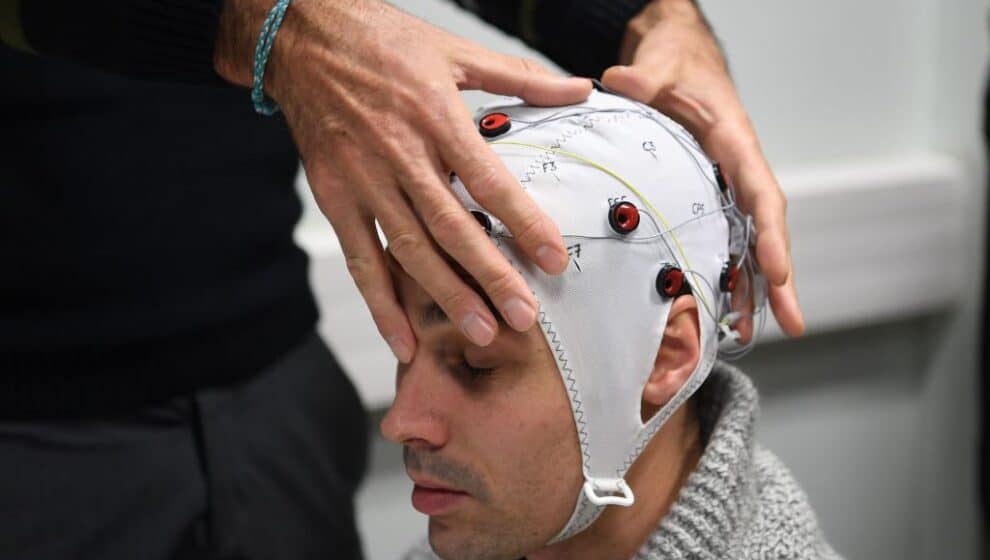Federal regulators have rejected another application for Neuralink’s human trials—in its attempts to build a brain-computer interface.
Key Details
- Several Neuralink employees told Reuters that the Food and Drug Administration rejected its appeal for human trials of its technology on Thursday and that they’re skeptical that they’ll gain approval to move forward in the coming months.
- The news follows a similar rejection in early 2022, although Musk bragged in April and November that he was expecting FDA approval within the coming months.
- Federal regulators signaled safety concerns, although Neuralink or the FDA has not released details of the rejection.
- The decision is a setback for Neuralink but could merely delay the product’s eventual human trials or require more stringent safety standards for testing.
Why It’s Important
Neuralink has been one of Elon Musk’s most ambitious projects—building a brain-computer interface to translate human thoughts into computer signals. This technology could transform the relationship between humans and technology, with Musk saying it has applications in medical settings by fixing brain injuries and allowing physically disabled people to control electronics with their minds.
Elon Musk is the CEO of five companies—Tesla, Twitter, SpaceX, Boring Company, and Neuralink—and they have faced setbacks in the past year. Musk is the visionary leader behind these companies. He has made big promises—manned missions to Mars, new possibilities for free speech on social media, reduced traffic congestion in major cities, and affordable electric vehicles— that he has struggled to deliver on time.
Tesla investors and NASA administrators have warned that they’re worried Musk is too distracted by his recent investment with Twitter. Musk’s leadership style is also highly ambitious, often planning around massive breakthroughs without thorough testing or accounting for failures, which has put him at odds with regulators and slowed down progress.
Notable Quotes
“We are now confident that the Neuralink device is ready for humans, so timing is a function of working through the FDA approval process,” Musk tweeted in November.
“I definitely would never bet against him. If he has some bumps in the road with Neuralink or any other thing, he’ll regroup and figure it out … Just think about it: Those are hard industries with huge safety barriers—cars and rockets,” says investor Bob Nelson.
